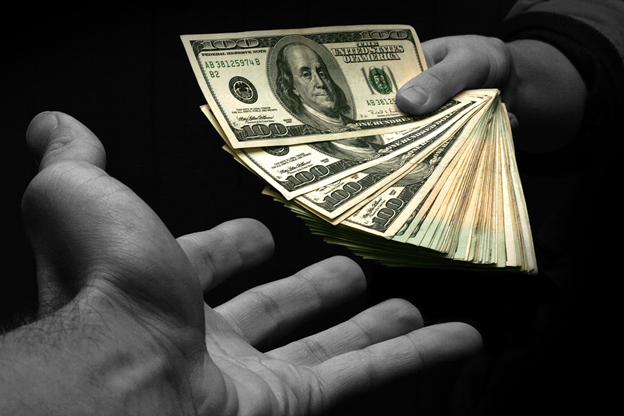The High Fixed Costs of Lobbying
March 6, 2012 in Daily Bulletin

Michael Blanding reports on a paper being written by academics about the way that lobbyists exert their influence on politics in the United States.
The primary findings of the paper include:
- Relatively few firms lobby.
- Larger firms are more likely to lobby than smaller ones.
- The companies that do lobby do so consistently. Lobbying in one year was a near-perfect predictor of lobbying in the next.
What does this all mean?
- A company can’t just jump into the fray and lobby on a particular issue. Lobbying has high fixed costs and requires expertise in the art of lobbying and complying with regulations, as well as extensive relationship networks. These can only be built up over time.
- This means that a small number of corporations are able to consistently influence the government.
- These companies decide what issues do and don’t get lobbying support – they may support or oppose a bill even if it has nothing to do with them.
To read about the details of the study, the surprising things they found when they looked at H1-B lobbying, and what this means for democracy, click here.
Source: Harvard Business School
Via: Newmark’s Door
Join the Discussion! (No Signup Required)